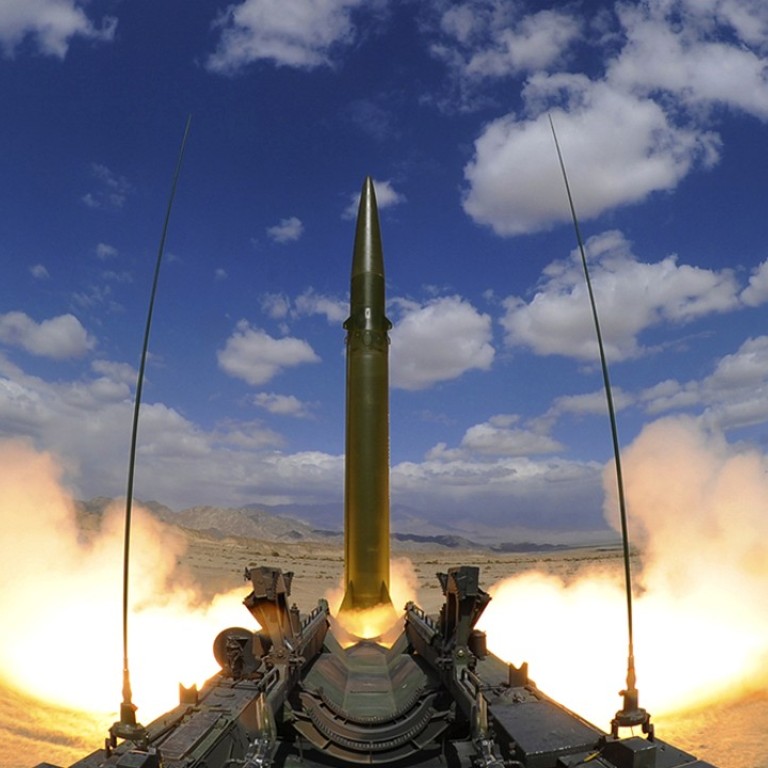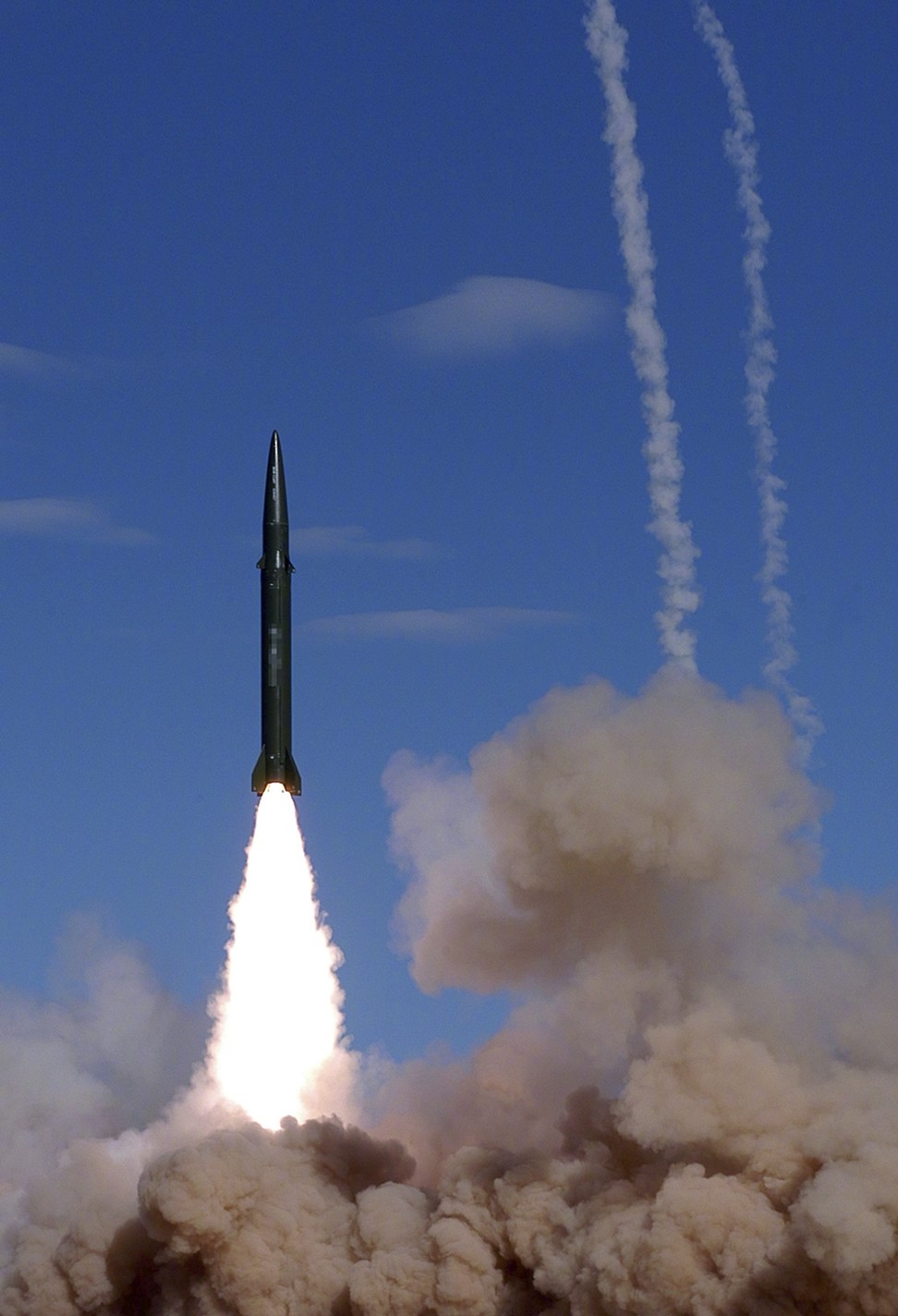
China’s military recruits private experts to work on defence technology projects
Partnerships with non-state firms essential to making ‘dream of a strong military come true’, senior generals say
Two of China’s top military leaders have called for greater cooperation between the People’s Liberation Army and the private sector on the development of defence technologies, military media reported on Friday, just days after announcing the PLA’s rocket force had recruited civilian experts for the first time in its history.
General Xu Qiliang and General Zhang Youxia, the two vice-chairmen of the PLA’s all-powerful Central Military Commission, highlighted the importance of military-civilian collaboration during their visit to a high-profile military equipment exhibition in Beijing on Thursday.
Such partnerships were essential “to provide strong propulsion and strategic support to make the dream of a strong military come true”, military media quoted the two as saying.
The exhibition showcased a host of collaboration projects and research in the fields of advanced materials, new energy, automation and information technology.
In recent years, China’s private firms have increasingly become involved in the development of military technology – officially referred to as “military-civilian integration” – as the PLA seeks to accelerate the modernisation of its weapons systems and related equipment.
China, Pakistan sign deal to build 48 strike-capable Wing Loong II drones
Previously, only military institutions, major state-owned enterprises and publicly funded universities were allowed to engage in such sensitive projects.
“The planned economy in the military was leading to institutional sclerosis, so new blood and competition from outside is necessary for efficiency,” said retired PLA colonel Yue Gang.
“Some areas, like IT, where the private sector has faster response times and better international exchanges, will eventually open to them.”
Official military media reported this month that the PLA Rocket Force, which is responsible for China’s strategic missiles, had for the first time recruited 13 experts from the private sector as consultants on key projects.
According to PLA Daily, the scientists and engineers – who have extensive experience in areas such as new materials, new energy and power and robotics – have been recruited on five-year contracts and will be involved in a range of development projects.
“Behind the 13 experts we hired, there are 13 civilian teams with great knowledge, skills and competence,” an officer with the Rocket Force’s equipment development department was quoted as saying.
“They are yet a small proportion of our talent pool but they will be the new growth points of our combat capability development,” he said.
Taiwan is developing missiles in response to Beijing’s military build-up
Identified as “Rocket Force science and technology experts”, the 13 specialists will have the same privileges as colleagues affiliated with state-run institutions, and will work as part of dedicated teams on a range of projects including missile development and launch technology, the report said.
They will also take part in associated research and inspections, and be allowed to submit reports in their own names to the Rocket Force, which may later be used as a reference materials in policymaking, it said.
But despite the introduction of the private sector experts, their role will remain a supporting one to existing state-run institutions because of security and confidentiality concerns, Yue said.


